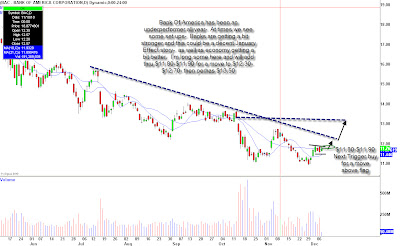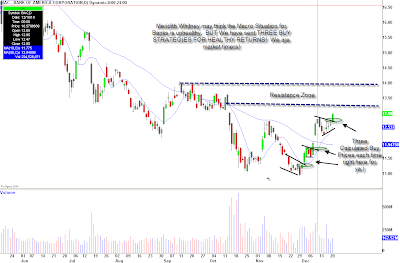 I have ranted from time to time about the bloated pension system in the United States. I have yelled about the gap between the public and private sector job employment and average salary and benefits. Yet, the most important piece of the puzzle for a trader is whether stocks will react to the news. There are times when the Street pays attention and times when they don’t. Often negative headlines can be absorbed by the Street in bull tapes whereas obsession over every data point occurs in bear tapes.
I have ranted from time to time about the bloated pension system in the United States. I have yelled about the gap between the public and private sector job employment and average salary and benefits. Yet, the most important piece of the puzzle for a trader is whether stocks will react to the news. There are times when the Street pays attention and times when they don’t. Often negative headlines can be absorbed by the Street in bull tapes whereas obsession over every data point occurs in bear tapes.
The beginning of December was a great time to buy the banking stocks. Goldman Sachs Group, Inc. (GS), JPMorgan Chase & Co. (JPM) and Bank of America Corporation (BAC) all mounted nice moves so far this month.
They were laggards all year and it was worthwhile to see if the banks could be a January Effect type of play so I started monitoring the price action earlier this month. I outlined a possible entry on the technical break of the downtrend in a post on BAC on December 8th. This trade idea is working out well. Below are the before and after charts:
Since then, buying dips has been very profitable and adding to positions when patterns ignited has proved to be a solid strategy. Some say you can’t time the market; I say you have to!
I try to let our audience know when we should be on guard based on technical analysis. There will be a time when a particular state could go bankrupt or goes through the restructuring process which could ultimately be healthy. While the headlines can exude fear and dismay, always let the price action confirm in order to be the best trader.
*DISCLOSURE: No relevant position
This material is being provided to you for educational purposes only. No information presented constitutes a recommendation by T3 LIVE or its affiliates to buy, sell or hold any security, financial product or instrument discussed therein or to engage in any specific investment strategy. The content neither is, nor should be construed as, an offer, or a solicitation of an offer, to buy, sell, or hold any securities. You are fully responsible for any investment decisions you make. Such decisions should be based solely on your evaluation of your financial circumstances, investment objectives, risk tolerance and liquidity needs.





